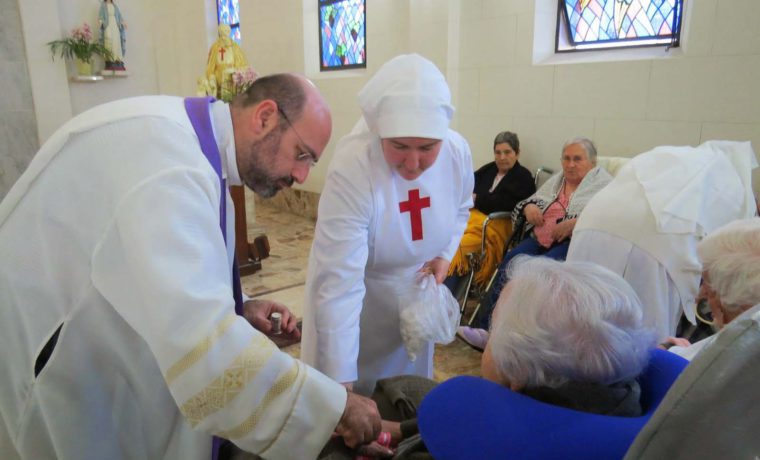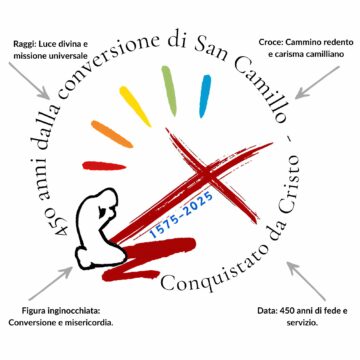 By Father Antonio Marzani, MI, in ‘Come il Samaritano’ (‘Like the Samaritan’)
By Father Antonio Marzani, MI, in ‘Come il Samaritano’ (‘Like the Samaritan’)
Illness, disability, pain, suffering. These are not innocuous words. They provoke disquiet, vexation, fear, and anxiety. These are feelings that man tries to distance, to reject, because they generate uncertainty, insecurity, dismay, and lead him, at times in an overbearing way, to the boundaries of limitation, of his own limitation, breaking dreams and desires.
To treat, to heal, to assist, to come to the aid of someone. These are verbs that involve action and movement. They infuse trust, comfort and hope. They open up tracks or pathways by which one can move out of a critical state and feel good. They facilitate care and treatment because they make us feel subjects, the recipients of attention and care that help us to address adversities, to raise up our gaze and take up our journeys anew.
Illness in life is not a subject. Illness is without subjects. We find that we are powerless, frail, vulnerable, and alone. Our own securities disappear or are called into question. Illness is not a crack in the wall: it is the foundations that shake. We become aware of the hardships of living, of its demanding aspects, of obstacles. When these come together, each person responds in a different way. The gravity of the illness or of the disability is not the only condition. Other factors come into play: the character and temperament of a person, his or her biography, the environment, resistance to pain, social, cognitive, emotional, educational, religious (and other) elements. The truth of these elements indicates that (physical and/or mental) illness does not affect one dimension of man but the whole man, in his biological, mental and spiritual being. From being a biological or mental ‘problem’, illness becomes a question, a question that requires an answer; it stimulates us to compromise ourselves, to take a stance.
It is often said that such experiences make us better, that they strengthen us, that they allow us to understand that change is a natural consequence, or a normal discourse, of illness. This is said to be attested to by the histories of men and women – some famous and some not – that narrate the experience of illness, its development, how they addressed it, and the transformation that took place. The histories of very many sick people who knew how to transform illness into an opportunity for growth. This is not always the case. Those lives broken by illness, set back by illness, lives from which all possibilities and hope were removed by illness, remain silent: closed in on themselves or bent in on themselves. Inhabited by a lack of meaning, by resignation. Illness does not leave us indifferent. Where it leads to depends on the response of man, of the whole man.











